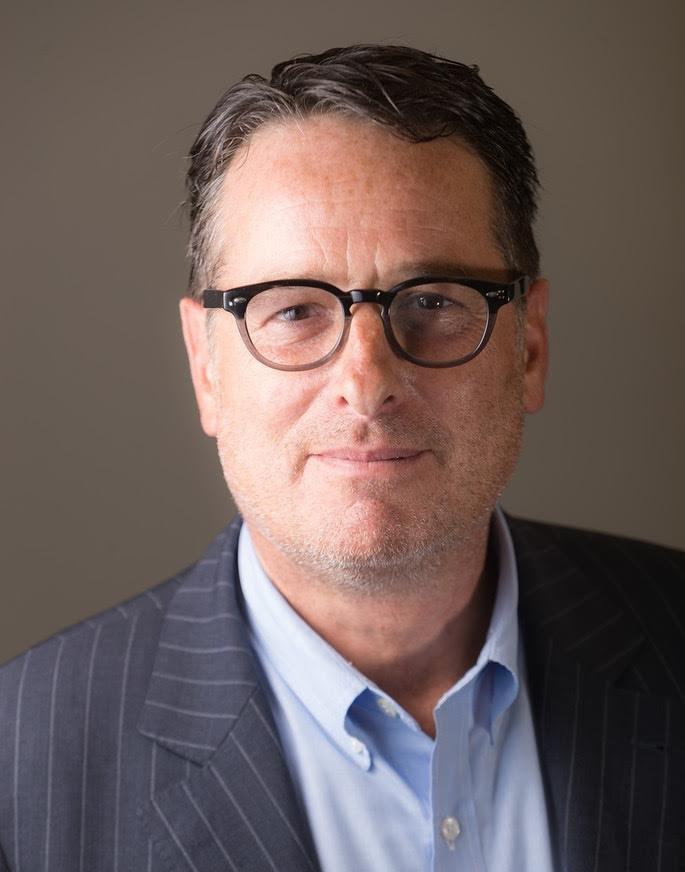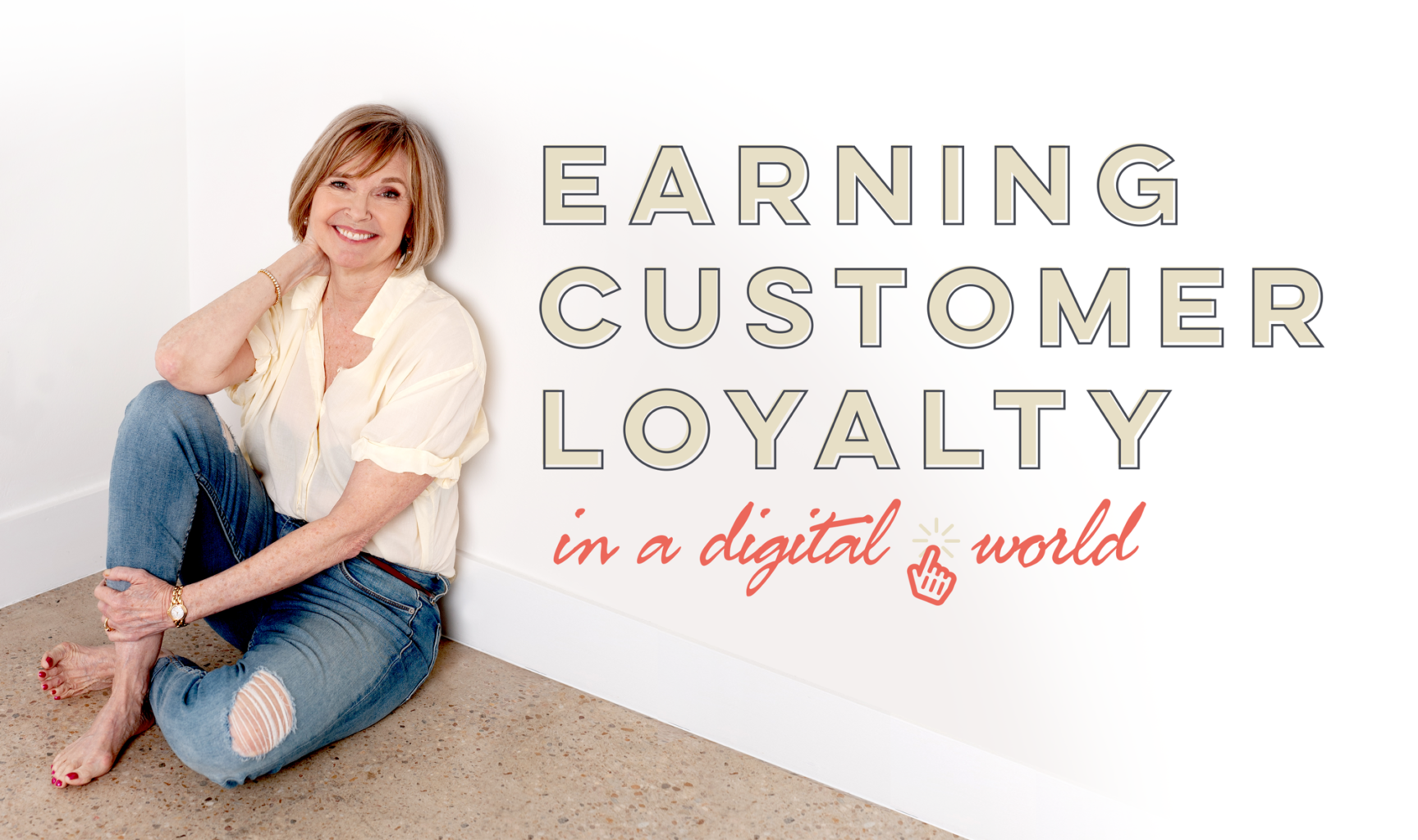
When Preparation Meets Opportunity
When Kevin Davis served as CEO for a major Wall Street brokerage firm, he saw lots of applications for internships cross his desk.
The majority were from friends of colleagues. Very few, if any, were from students from underrepresented communities, the kind of students who can really benefit from an internship. (Davis left MF Global three years before its demise.)
This was one of the reasons Kevin formed First Workings, a nonprofit that works with public high schools in New York City (primarily the Bronx and Harlem) to identify talented students and place them in internships at corporations like Morgan Stanley, NASDAQ and Mount Sinai Hospital and more. The program started in 2014. This year the organization had 290 applicants and will invite a class of around 80 students to participate in a summer internship program.
I had a chance to interview Kevin recently. Here are the highlights of that interview:
Jill Griffin: Where did you grow up? Describe your early childhood and its significance on your life.
Kevin Davis: When I was a 12-year-old boy growing up in London, my father went missing after he lost a great deal of money in the market. The financial loss basically wiped out our family’s entire net worth. We went from upper-middle class to living a Chekhov-style life of genteel poverty.
Even though I was still very young, I took on multiple jobs to help earn money. I would deliver newspapers before school. On Saturdays, I worked in my family’s clothing store. The experience demonstrated to me the value of work. It also ingrained in me that waiting until college to gain experience and earn a living really sets you up poorly. The earlier you experience and understand the nuances of the professional world, the more quickly you’ll be able to get ahead. This is why I believe it’s so important for high school students to have access to internship opportunities.
Griffin: When did you first get the whisper you belonged in business?
Davis: My first job in Chicago was for a menswear manufacturing company. But it wasn’t long before I realized that this field was not for me. My roommate had a connection at the Chicago Board of Trade and he helped me get a job there. It was an early lesson for me in the value of “social capital,” or the social networks and relationships and how you use these relationships to advance your goals.
The exchange floor’s high-octane environment really suited me. Every 30 seconds I had to shift attention from one thing to another. I thrived on it. I had a lifetime of experiences in a single day. The moment I felt the fast-paced energy on the exchange floor I knew that was where I belonged.
Griffin: How did your experience at MF Global inspire you to start First Workings?
Davis: Until October 2008, I was chief executive officer of MF Global, which had recently undertaken a NYSE listing, having been part of Man Group plc, (then a FTSE-100 company). I joined Man Group’s brokerage division, then called Man Financial, in 1992 and was appointed to the board of Man Group in 2000. By the time we went public in 2007, we had become the world’s leading broker of exchange-listed futures and options, growing profits from $25 million per year in 2000, to $250 million 2007. The business encompassed equities, futures, interest rate, commodity and currency trading, conducted by 2,750 staff in 25 offices across 14 countries in Europe, the Middle East, North America and Asia.
I recognized that throughout my career many of the young staff we hired, started out as interns and virtually every intern was the son or daughter of a colleague or a customer. It wasn’t that we didn’t want to hire outside of this narrow band. It was that we simply didn’t have access to a more diverse pool of applicants. So, after 25 years on Wall Street, I decided to create a nonprofit. First Working’s primary mission is to secure internships for high achieving students from underrepresented communities. It is the bridge between companies that want to diversify their workforce and young high achieving inner city teens who are seeking opportunities but who do not have the social capital to access them.
Griffin: What’s a great piece of business or life advice you received, who gave it to you, and how has it enhanced your life?
Davis: My late grandfather once told me to never chase the horizon beyond the one that you can see. If you are constantly thinking beyond the task at hand, you won’t be able to do well at the one you are presently charged with. I didn’t obsess about becoming the head of a company or a multimillionaire early in my career. Instead, I focused on doing the job at hand on the assumption that if I reached and surpassed my immediate goal, the next opportunity would present itself. I didn’t fantasize about my ultimate goals, rather, I worked diligently towards them, one step at a time.
Griffin: Has your grandfather’s advice influenced how you structured the program at First Workings?
Davis: It has in many ways. We want our interns to be as prepared as they can possibly be to succeed at the immediate goal which in their case is a summer internship at companies in finance, medicine fashion and many others across the universe of industries.
First Workings works with teens in 13 New York City public high schools in Harlem and the Bronx. Prior to starting their internships, we provide them with extensive training. We go over things like interview skills, inter-office etiquette, conflict resolution, emails, good social media habits and even handshakes. We even bring in improvisational actors to walk the students through how to appropriately handle situations they may encounter in the workplace. First Workings also provides students with MetroCards and meal stipends, the latter being to ensure that they can participate in lunch or interact with their colleagues after work. We also provide work-appropriate clothes if needed. In short, we do everything possible to put them in a position to succeed.
Griffin: Please give me the top three bullet points in your Personal Leadership Credo.
Davis:
- Treat everyone as you would wish to be treated. There were occasions in my career, especially in the first six months of my career in London, where I was on the receiving end of some very vicious abuse. This made me realize how important it is to put yourself in other people’s shoes, especially when you’re in a leadership position. This experience always informed my conduct as a CEO on Wall Street years later.
- Go outside your comfort zone. This piece of advice always makes me think of one of our First Workings interns who found herself as the only person of color, in a boardroom with 30 or 40 people present. At first, she felt like she didn’t belong. Gradually, with the help and support of mentors she stepped out of her comfort zone, and found her voice. In doing this, she realized she had every right to be there. Students like her inspire me to continue to push boundaries.
- Always support those who work for you. Always laud their successes. Never take credit for other people’s work even if they work for you.
Griffin: Describe a painful setback in your life and what it taught you.
Davis: After I graduated from university, I moved to Chicago. I was really living hand-to-mouth often surviving on happy hour food, so I called my Dad and asked if he could send me some money. His response shocked me: “Either you make it where you are or I get you an airline ticket to come home.” Though upsetting at the time, the conversation made me determined to succeed.
Griffin: What advice do you have for young, talented, ambitious people who want to move ahead?
Davis: There are no shortcuts for hard work. The best employees and leaders tend to be the ones who aren’t afraid to work their way up.
No matter how long you’ve worked at your job, you should treat every day as if you’re on probation. People have to understand that it’s you that has to make yourself invaluable to the company where you work, it is not the employer’s role. It’s up to you to prove that they really can’t function without you.
At First Workings, our unofficial motto is a quote attributed to Roman philosopher Seneca, “Luck is what happens when preparation meets opportunity.” You need to buy a ticket to win the lottery. You need to put yourself in a position to have luck.
At First Workings, we give young people a chance to have that “luck.” We do this by putting them in a position to make connections that can create career paths that would ordinarily be unavailable to them.
There’s no substitute for a hand-written thank you note. Ask people for their cell phone numbers and email addresses. Make the effort to stay in touch. Write a note. Develop your social capital and when you graduate from college or reach a crossroads in your career, you’ll have a network that you can tap into. Those who you’ve met along the way will help guide you to the next goal on your horizon.



